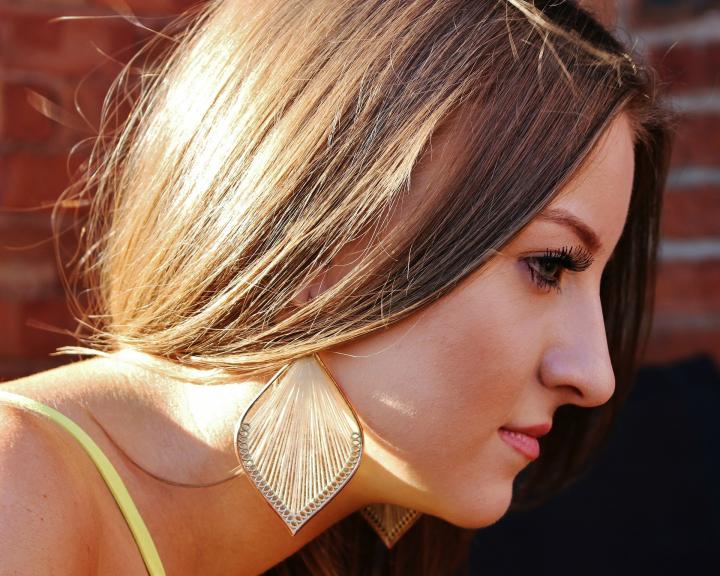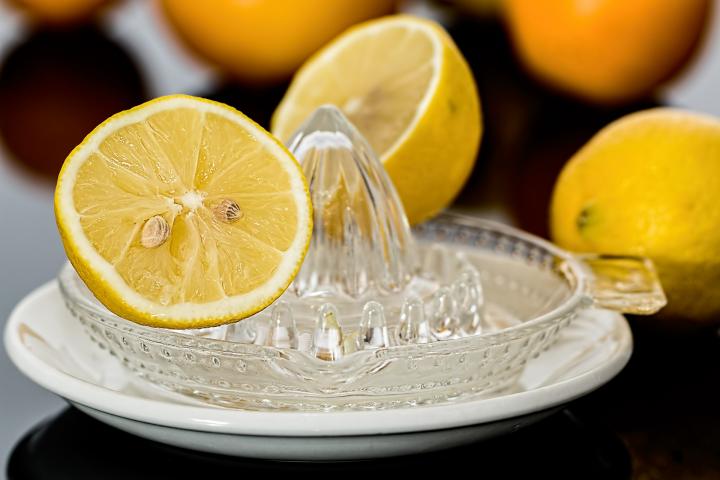
To care for your hair, consider some old-fashioned or what we like to call “tried-and-true” treatments.
Hair Care Across the Ages
Most men and women today just want healthy, natural hair. Wash it and brush when necessary. Interestingly, this contrasts greatly with powerful and ancient customs that have to do with hair as a status symbol, sexual lure, and more.
- The ancient Assyrians, for example, wore masses of curls on their shoulders and sprinkled real gold dust on their heads to enhance their hair color. Not everyone in ancient Assyria had naturally curly hair, but the nobility used curling tongs, and men set their beards with tree gum.
- Egyptians of about 1200 B.C. shaved their heads and wore wigs for special occasions, stewed the leaves of the henna bush to get a red dye, or colored their hair with indigo.
- Many Indian women, known for their lustrous hair, still use natural hair products like herbal shampoos, soak their hair in olive or coconut oil, and avoid chemicals and dryers.
- When it comes to North Americans, magazines are filled with advice (and some misinformation) about hair styles and hair care, although standards of beauty vary greatly. See the interesting history of American cosmetics.
Can a person create beautiful hair? Consider the following do’s, don’ts, and old-fashioned hair treatments.
The Best Hair Care:
The million-dollar answer on hair is: Eat well. Wash and brush hair often. Inherit the right genes.
- Nutrition: A well balanced diet is necessary to healthy hair. Poor nutrition, especially protein deficiencies, can lead to thinning, dull, dry hair.
- Buy high-quality shampoo: Ask your hairdresser what they recommend, and then dilute it 50/50 with water. Shampoo daily, and avoid using very hot water.
- Brush hair thoroughly: Brush twice a day, and massage your scalp to help circulation. Be careful not to brush excessively, as this can irritate the scalp and break off hairs.
- Get a good haircut: The best haircut makes the most of your hair’s natural attributes.
The Most Hair Damage:
- For healthiest hair, avoid styling aids, heat, and all chemical processes if possible. Permed hair is 30 percent weaker than untreated hair.
- Teasing or back-combing hair tears the cuticles and can damage hair severely.
- Rough treatment of hair (hot dryers and harsh shampoos) also damage the cuticles and can cause split ends, which can only be cut off.
- Infrequent shampooing, insufficient rinsing, improper diet, and poor scalp circulation are thought to cause dandruff. Treatments include scalp massages, mild shampoos, and daily use of an antiseptic scalp lotion if needed.
- Don’t brush wet hair. Comb it out gently with a wide-tooth comb (especially for long hair), and let it dry before brushing.
Old-Fashioned, Natural Hair Treatments:
To Enliven Hair Color: If you have blond hair, add lemon juice, chamomile tea, or white vinegar to the final rinse water to enhance color. If you have dark hair, use cider vinegar, rosemary, or sage in the rinse water. To add reddish highlights to blond or light-brown hair, use green pekoe tea as a rinse.

Egg Shampoo: Steep 1 ounce fresh rosemary in 1 pint hot water for 20 minutes. Cool. Beat in 1 egg. Massage into wet hair and then rinse.
Herbal Rinses for Oily Hair: Steep a handful of lemon grass, nettle, peach leaves, rosemary, southernwood, or yarrow flowers in a quart of hot water. Cool and pour over wet hair after shampooing.
Hair Ointment: Blend 2 Tablespoons castor oil, 2 Tablespoons lard, and a few drops of rosemary oil. Or add several drops of rosemary oil or lemon oil to ¼ cup almond or olive oil.
Tried these, loved them, and looking for more? Check out these natural remedies for hair care and skin health and these recipes for conditioners, facial scrubs, and skin lotion!
Source:
The 1994 Old Farmer's Almanac







